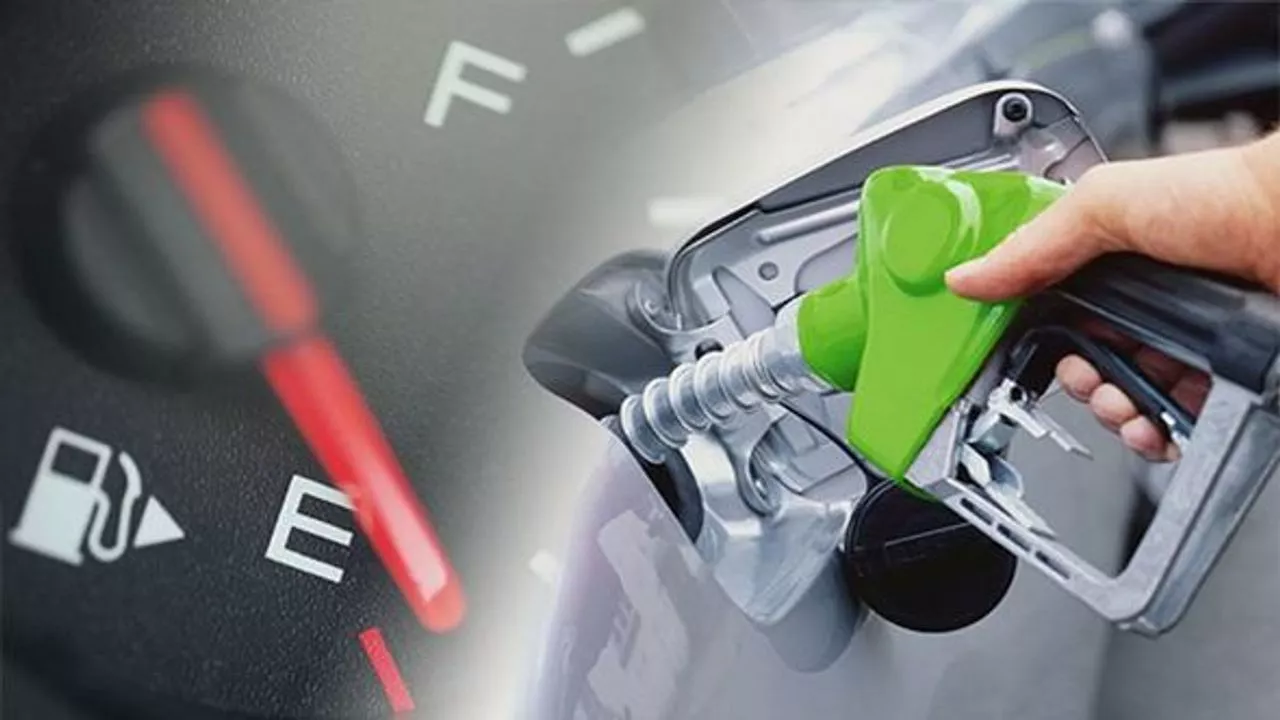
What is Racing Fuel?
Before we delve into the topic, it's crucial to understand what racing fuel is. Racing fuel, also known as high-octane fuel, is specially formulated for high-performance engines, such as those in race cars or other high-powered vehicles. It is designed to withstand high temperatures and pressures that ordinary fuels can't. The result is a fuel that can deliver more power, more efficiently, than standard gasoline or diesel.
Understanding Octane Ratings
Octane rating is a measure of a fuel's ability to resist 'knock'. The higher the octane number, the greater the fuel's resistance to knocking or pinging during combustion. In simple terms, using high-octane fuels such as racing fuel reduces engine knock, which can enhance the engine’s performance.
The Effects of Racing Fuel on a Regular Car Engine
So, what happens if you put racing fuel in a regular car? Well, the truth is, not much. Standard vehicles are not designed to handle the high heat and pressure that racing fuels can withstand. Using racing fuel in a regular car can actually cause harm to the engine over time, as it may clog the fuel injectors and cause carbon build-up.
The Pros and Cons of Using Racing Fuel
While racing fuel can provide a short-term performance boost, the long-term effects can be detrimental. Over time, racing fuel can wear down the engine and cause costly repairs. Moreover, racing fuel is considerably more expensive than regular gas, making it a costly choice for everyday use.
The Legalities of Using Racing Fuel on Public Roads
Did you know that it might be illegal to use racing fuel on public roads in some jurisdictions? That's because racing fuels often contain lead, which is harmful to the environment. Hence, before you decide to fill up your tank with racing fuel, make sure you're not breaking any laws.
The Environmental Impact of Racing Fuel
Racing fuel can have a significant environmental impact. Due to its high lead content, it can contribute to air pollution. Moreover, the production of racing fuel is more energy-intensive and emits more greenhouse gases than regular fuel.
Alternatives to Using Racing Fuel
If you're looking for a performance boost without the negative impacts of racing fuel, there are other alternatives. For instance, you could consider using a high-quality fuel additive or switching to premium gasoline. Both options can improve engine performance without the risks associated with racing fuel.
Is Racing Fuel Worth the Cost?
The cost of racing fuel can be quite steep, especially when compared to regular gasoline. When you factor in the potential damage to your car's engine and the environmental impact, it's worth questioning whether the benefits outweigh the costs. For most drivers, the answer will probably be no.
Maintaining Your Car for Optimal Performance
Instead of using racing fuel, there are other ways to maintain your car for optimal performance. Regular maintenance, including oil changes, tire rotations, and checking fluid levels, can make a significant difference. Additionally, driving responsibly and keeping your car clean can also help improve performance and fuel efficiency.
Conclusion: Can I Use Racing Fuel in My Car on a Daily Basis?
In conclusion, while you technically can use racing fuel in your car, it's not recommended for daily use. Not only is it costly, but it can also cause damage to your engine and is harmful to the environment. For optimal performance and longevity, stick to the fuel recommended by your car's manufacturer and keep up with regular maintenance.